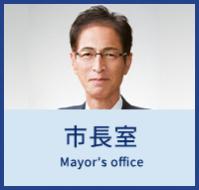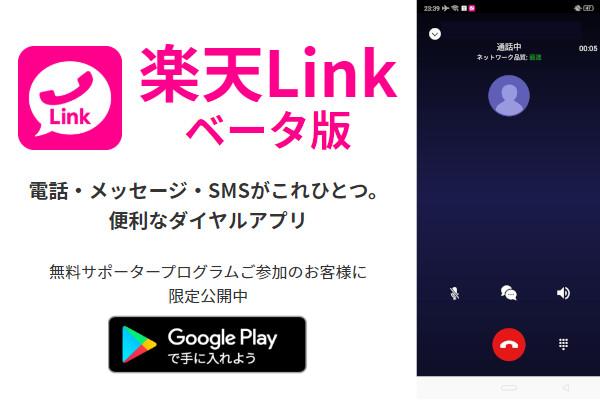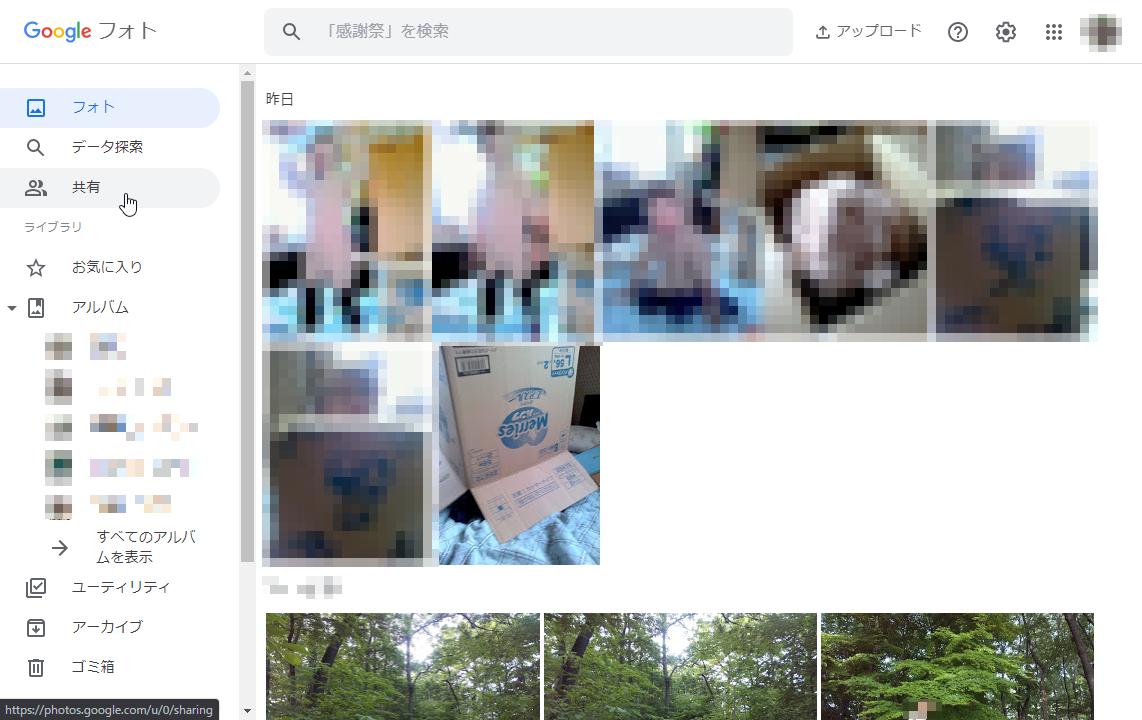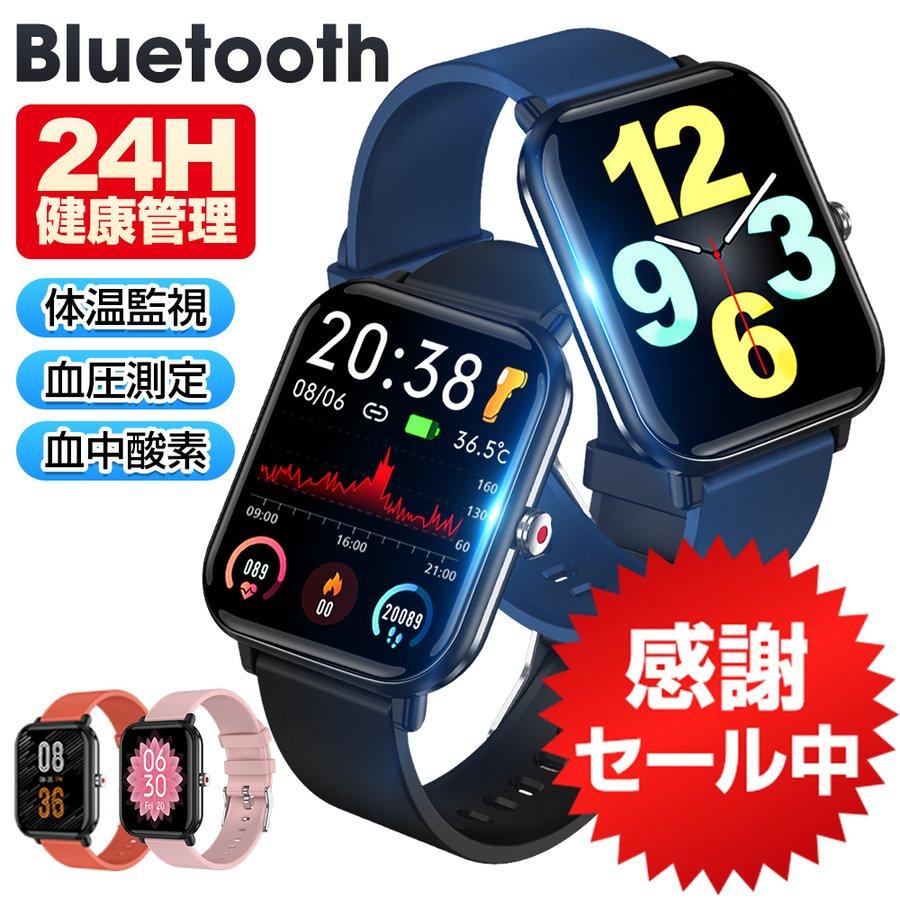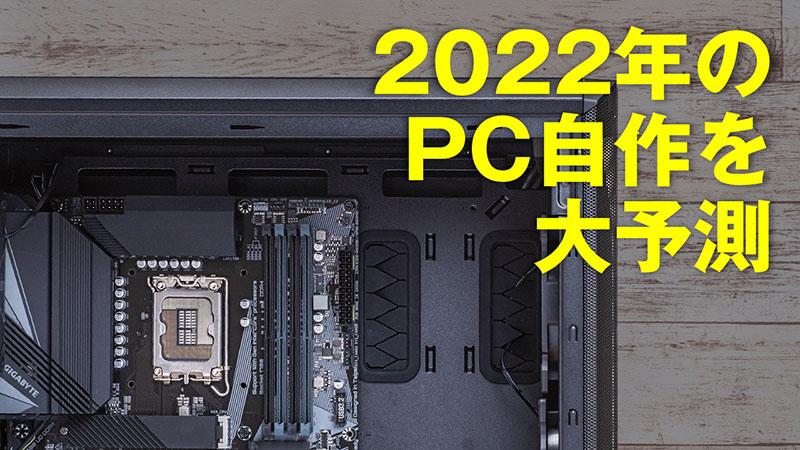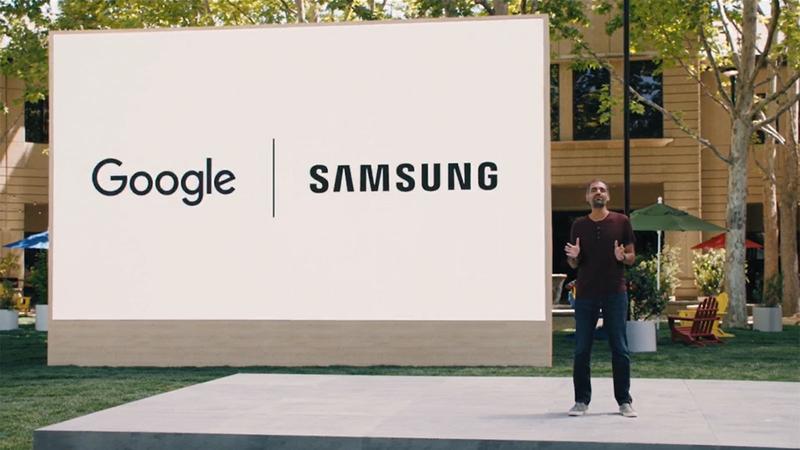In 2022, ``person-to-person remittances'' will expand in Japan [Junya Suzuki's Pay Attention]-Impress Watch
Last year (2021), the topic that became a hot topic in the financial IT industry was "Google's acquisition of pring." However, the world of digital person-to-person remittances using mobile apps has been changing rapidly in recent years, and along with the spread of “wallet” apps such as Apple Pay and PayPay, usage will increase after 2022. It is believed that.
This can be said not only in Japan but also in other countries such as the United States, and changes in the environment are gradually boosting this market. On the other hand, it should also be noted that financial services are rooted in the circumstances of each region, and that their appearance is not uniform.
One important point about Google's pring acquisition mentioned above is that even a global company like Google cannot ignore local circumstances. As I touched on in the article on the Japanese situation in BNPL (Buy Now, Pay Later), customs, culture, and laws and regulations related to money differ from country to country. Therefore, in order to enter the market quickly, it is a shortcut to acquire a company with a certain presence locally and make good use of the system.
Personal remittances using mobile terminals have been popular since the late 2000s, mainly in Southeast Asia and Africa. It all began with the idea of providing financial services using mobile phones (feature phones), which are rapidly spreading, in areas known as "unbanked" where the bank account penetration rate is low. "M-Pesa", which started in Kenya and other countries, is famous, but although there are no bank branches, there are needs such as remittances and deposits for migrant workers, and it has been used as a mechanism to process these safely and quickly. .
Mobile phone services are also generally prepaid, and mobile phone bill payment and remittance services are integrated. It works like a bank ATM.
As you can see in the photo at the beginning, even in areas with many immigrants in developed countries, we often see shops that integrate multiple mobile phone services and financial services. It comes from the fact that while making a contract for a telephone, remittance to the home country is also performed. The fact that El Salvador introduced Bitcoin because it disliked paying fees for remittances from abroad is proof of the need for remittances.


